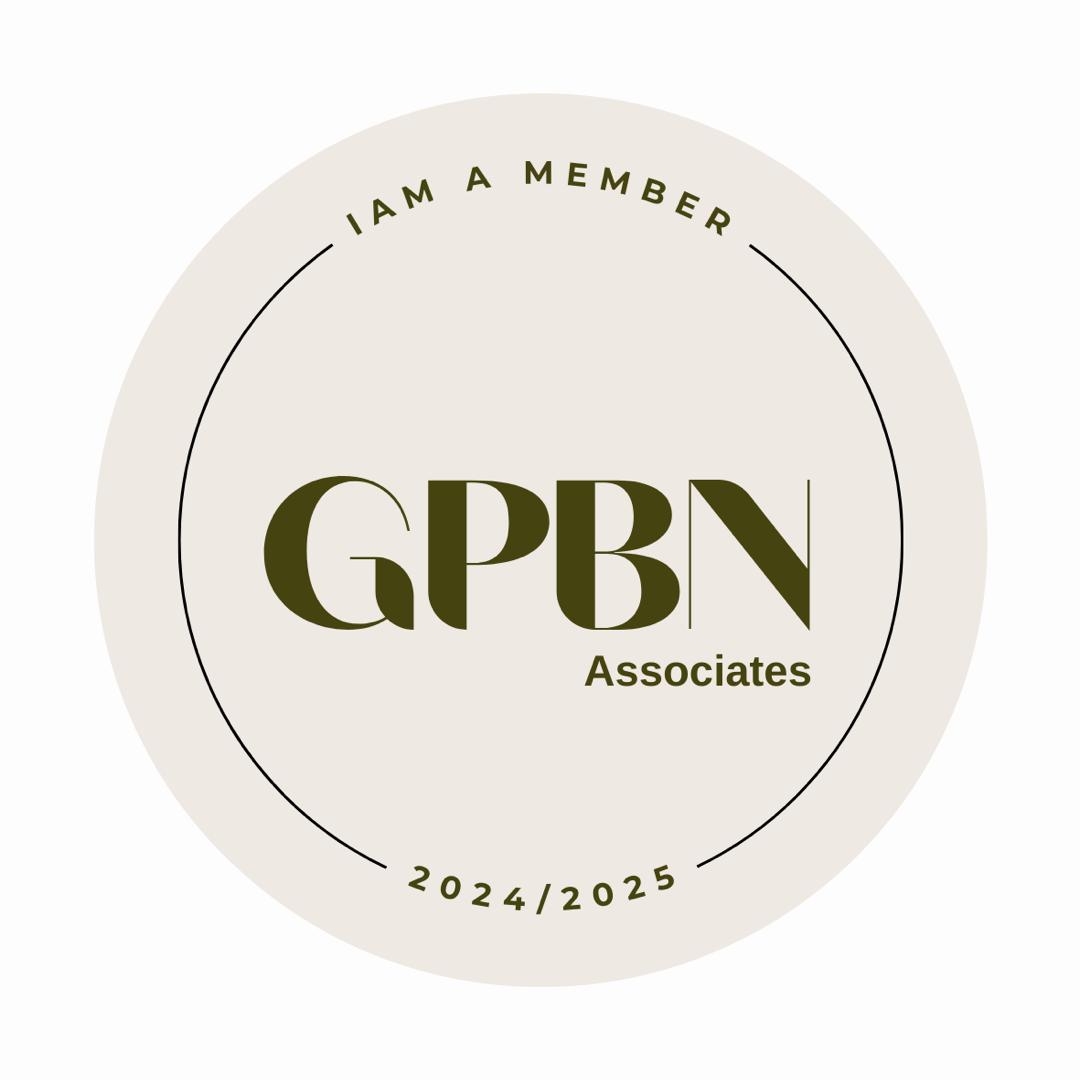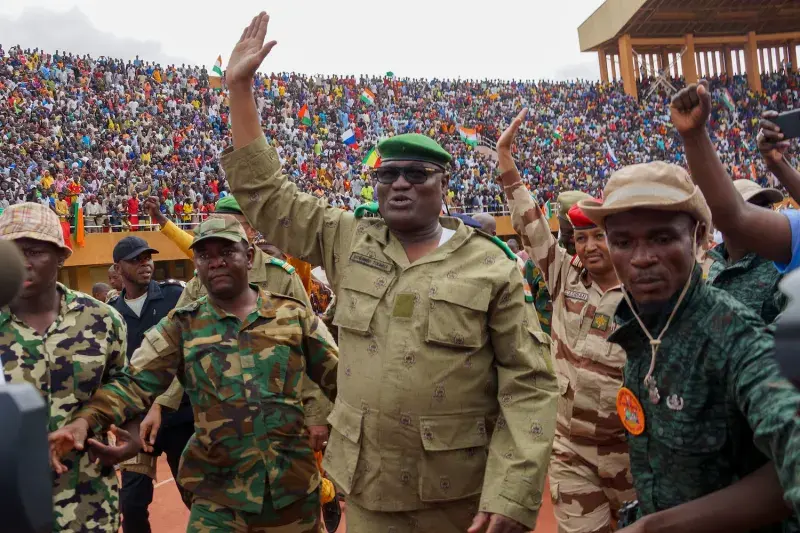In the wake of a coup that ousted President Mohamed Bazoum, leaders from across West Africa threatened military intervention unless democracy was swiftly restored.
However, Algeria and Egypt have steadfastly opposed this approach, asserting that dialogue holds the key to a more stable and lasting solution.
Niger’s Political Landscape and Regional Response
The aftermath of the coup in Niger triggered a regional outcry, with many nations expressing concern over the unfolding crisis.
While some countries initially contemplated military intervention, Algeria and Egypt stood out in their rejection of this option.

These two nations, with their considerable influence in the region, have emphasized the need for peaceful negotiations and open communication.
Niger’s Neighbors Speak Up
Joining Algeria and Egypt in advocating for dialogue over military action are several prominent entities within Nigeria.
Notable groups such as the National Supreme Council for Islamic Affairs (NSCIA), Jama’atu Nasril Islam (JNI), Catholic Bishops Conference of Nigeria (CBCN), Christian Association of Nigeria (CAN), Arewa Consultative Forum (ACF), and Northern Elders Forum (NEF) have all lent their voices to this stance.
They have underscored the potential ripple effects that a military operation in Niger could have on neighboring Nigeria.
Algeria’s Diplomatic Initiative
Algeria’s President, Abdelmadjid Tebboune, has taken a proactive role in promoting dialogue.
He dispatched his foreign minister, Ahmed Attaf, to engage in diplomatic discussions with leaders from Nigeria, Benin Republic, and Ghana.
The aim of this initiative is to garner support for diplomatic solutions rather than military actions.
Algeria, which shares an extensive border with Niger, is particularly sensitive to the potential destabilizing impact of military intervention.
Implications for Regional Stability
The crisis in Niger has raised concerns beyond its borders.
The African Union’s suspension of Niger until the restoration of civilian rule underscores the severity of the situation.
Algeria and Egypt’s insistence on dialogue reflects their recognition of the wider consequences that military intervention could entail, not only for Niger but also for the broader region.
The Broader Context: Libya and Mali
Both Algeria and Egypt share borders with Libya and Mali, two nations that have experienced prolonged conflicts.
The delicate regional balance adds complexity to any potential intervention in Niger.
As Algeria and Egypt champion dialogue, they also seek to prevent a destabilizing chain reaction that could impact neighboring countries.
Global Support for Resolution
The United Kingdom has joined the international chorus urging for the release of ousted President Mohamed Bazoum.
This call for the swift restoration of democratic governance aligns with the broader goal of stabilizing Niger.
International cooperation, as seen through the involvement of countries like the UK, is pivotal in steering Niger away from further turmoil.
A Path Forward: Dialogue and Diplomacy
As the crisis in Niger unfolds, the resolute stance of Algeria and Egypt underscores the significance of diplomacy in resolving complex political challenges.
Their advocacy for dialogue over military action sends a strong message that peaceful negotiations are essential to safeguarding the stability of not only Niger but also the entire region.
The coming weeks and months will reveal whether this emphasis on dialogue can guide Niger toward a more secure and democratic future.



































































